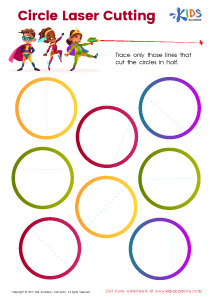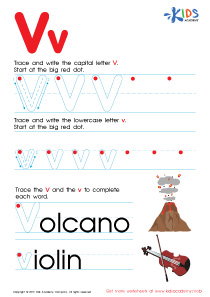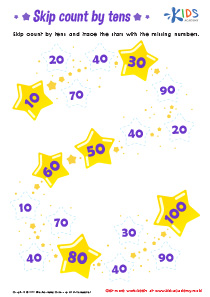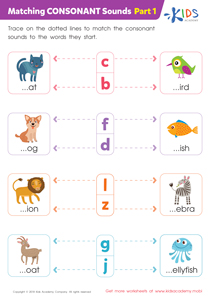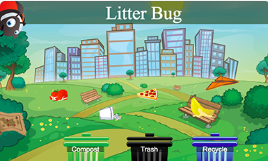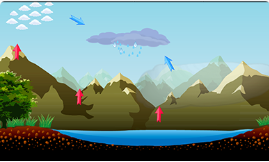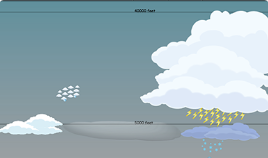Social Studies Lessons | Economic Systems for Ages 5-6
3 results
Dive into the fascinating world of economic systems with our specially designed lessons for children aged 5-6! Featuring a delightful mix of interactive worksheets, engaging educational videos, and fun assessment quizzes, our program introduces young learners to the basics of how economies function in an age-appropriate and captivating way. Tailored specifically for young minds, these lessons on Economic Systems for Ages 5-6 break down complex concepts into easy-to-understand components, sparking curiosity and laying the foundation for a lifetime of learning. Join us for this exciting educational journey and watch your child's understanding of the world grow!
In today's ever-evolving world, understanding the basics of how societies operate and manage resources is invaluable, even for the youngest learners. Our lessons on Economic Systems for Ages 5-6 are designed with this very purpose in mind—to lay a foundational understanding of economic principles in a fun, engaging, and age-appropriate way. Here’s how these lessons can be incredibly beneficial to children in their early studies and beyond.
First and foremost, our Economic Systems for Ages 5-6 curriculum introduces children to the concept of economics through a series of interactive worksheets. These are not just any worksheets; they are carefully crafted to engage young minds with colorful illustrations and enjoyable activities that teach them about goods, services, wants, and needs. By turning abstract concepts into tangible ideas, children can grasp the basics of economic systems in a way that makes sense to them.
Moreover, the inclusion of educational videos in our lessons adds another layer of engagement. Children today are digital natives, and the use of multimedia content not only captures their attention but also enhances their learning experience. These videos break down complex ideas into simple, digestible pieces of information that are easy for 5-6-year-olds to understand and remember. Through storytelling and animation, children learn about how people work together in communities, the importance of different jobs, and how money flows within an economy, all of which are essential concepts in understanding economic systems.
One of the key strengths of our program is its interactive nature. Learning is not passive but rather an active, engaging process where children are encouraged to think and participate. This interactive approach fosters critical thinking and problem-solving skills from a young age. As children navigate through the worksheets and videos, they are prompted to ask questions, make choices, and consider outcomes. These skills are not only vital in understanding economic systems but are also applicable across all areas of learning and development.
Assessment quizzes are another integral part of our Economic Systems for Ages 5-6 lessons. These quizzes are designed to be fun and encouraging, rather than daunting. They provide immediate feedback, which is crucial for young learners as it helps to reinforce what they have learned and identify areas that may need more attention. The quizzes also serve as a great tool for parents and teachers to gauge the child's understanding and progress in grasping economic concepts.
It’s important to note that the lessons are crafted to be inclusive and accessible to all children. We understand that each child learns at their own pace and in their own way. Therefore, our materials are designed to cater to various learning styles, ensuring that every child can find a way to engage with and benefit from the lessons.
In conclusion, our Economic Systems for Ages 5-6 program is much more than just an introduction to economics; it's a comprehensive learning experience that equips children with the foundational skills and knowledge they need to navigate their world. By participating in these lessons, children not only learn about economic systems but also develop critical thinking, problem-solving abilities, and a curiosity for learning that will benefit them in all areas of their education and life.
